FTC Challenges Court Ruling On Microsoft's Activision Buyout
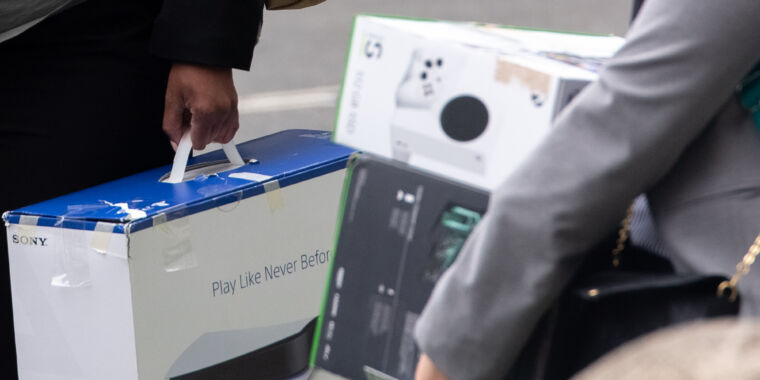
Table of Contents
The Initial Court Ruling and its Implications
In early 2024, a US District Judge ruled in favor of Microsoft, dismissing the FTC's lawsuit seeking to block the acquisition. The judge found that the FTC hadn't presented enough evidence to prove the merger would substantially lessen competition in the video game market. Microsoft's defense centered on its commitment to keeping Call of Duty available on various platforms, including PlayStation, thus alleviating concerns about monopolization. This decision was met with mixed reactions. While Microsoft celebrated a victory, allowing it to move forward with its plans, the FTC expressed its intention to appeal, and many analysts predicted a prolonged legal battle.
- Key points of the court's reasoning: The judge emphasized Microsoft's concessions regarding Call of Duty availability, arguing these mitigated potential anti-competitive effects. The court also questioned the FTC’s market definition and its assessment of the competitive landscape.
- Impact on the gaming market's competitive landscape: The initial ruling created uncertainty in the gaming market. Some feared Microsoft's increased dominance, while others welcomed the potential benefits of the merger, including accelerated innovation and expanded game offerings.
- Short-term and long-term effects on Activision Blizzard games: In the short term, the initial ruling offered a degree of stability. However, the FTC's appeal introduces significant long-term uncertainty, potentially delaying the integration of Activision Blizzard's titles into Microsoft's ecosystem.
The FTC's Arguments for Appeal
The FTC's appeal rests on its continued concern that the merger will stifle competition and harm consumers. The agency argues that Microsoft's acquisition of Activision Blizzard, and particularly the control over lucrative franchises like Call of Duty, would give Microsoft undue market power, allowing it to manipulate prices, limit choices, and ultimately reduce the quality of gaming experiences for consumers. Their legal strategy involves presenting additional evidence and challenging the initial court's interpretation of the relevant markets and competitive dynamics.
- Specific examples of anti-competitive behavior the FTC alleges: The FTC points to Microsoft's past acquisitions and behavior as evidence of a pattern of anti-competitive practices. They argue that access to Call of Duty could be used as leverage to exclude competitors from certain platforms or to impose unfavorable terms.
- Analysis of the FTC's evidence and arguments: The FTC's arguments hinge on demonstrating that the gaming market is not as dynamic and competitive as the initial court ruling suggested. They aim to show that the loss of independent Activision Blizzard would significantly reduce competition, ultimately harming consumers.
- Potential legal precedents the FTC is relying on: The FTC is likely to cite previous antitrust cases involving large tech mergers to support its claims, drawing parallels to demonstrate the potential anti-competitive effects of this specific acquisition.
Potential Outcomes and Future Implications
The FTC's appeal introduces significant uncertainty. Several scenarios are possible:
- Scenario 1: FTC wins the appeal, deal is blocked or significantly altered. This outcome would represent a significant victory for antitrust regulators and could lead to the deal being completely blocked or requiring major concessions from Microsoft to ensure fair competition.
- Scenario 2: Court upholds the initial ruling, deal proceeds as planned. This outcome would solidify Microsoft's acquisition and potentially influence future mergers and acquisitions in the tech industry.
These scenarios have broader consequences:
- Impact on regulatory oversight of tech mergers: The outcome will strongly influence the scrutiny future tech mergers face. A win for the FTC could signal a tougher regulatory environment, while an upheld ruling might ease such concerns.
- Effect on Microsoft's gaming strategy: The outcome significantly impacts Microsoft's long-term gaming strategy, affecting its plans for integrating Activision Blizzard's portfolio and potentially impacting its competitive standing against Sony and other gaming giants.
The Role of Call of Duty: Call of Duty Microsoft Activision
The Call of Duty franchise plays a central role in the FTC's arguments. The FTC contends that control over Call of Duty would give Microsoft significant leverage over its competitors, particularly Sony. They argue that Microsoft could make Call of Duty exclusive to its Xbox ecosystem or offer it on PlayStation with significantly worse terms, harming competition and ultimately the consumer experience. This highlights the strategic importance of this specific franchise within the larger context of the merger and the FTC's legal challenge.
Conclusion
The FTC's challenge to the Microsoft-Activision Blizzard merger is a landmark legal battle with far-reaching implications for the gaming industry and the future of tech mergers. The key arguments revolve around the potential anti-competitive effects of the deal, particularly concerning the Call of Duty franchise. The outcome will significantly shape the regulatory landscape for future acquisitions in the tech sector and significantly impact Microsoft’s gaming ambitions. Stay informed about the ongoing developments in the FTC challenges Microsoft Activision buyout case by following [link to relevant news source/website]. Understanding the implications of this landmark legal battle is crucial for anyone interested in the future of the gaming industry.

Featured Posts
-
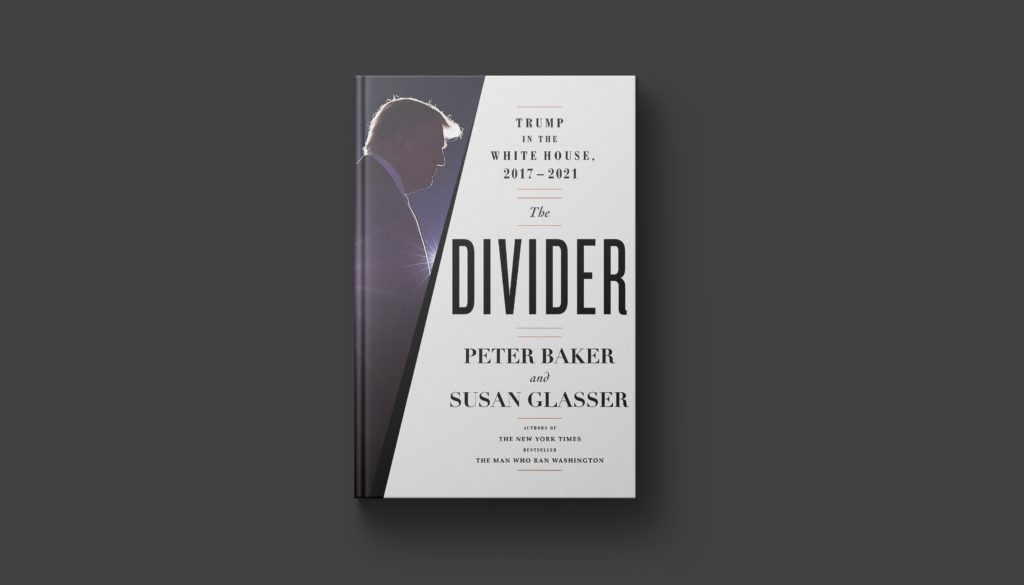 Analyzing The Trump Presidency A Focus On Day 109 May 8th 2025
May 09, 2025
Analyzing The Trump Presidency A Focus On Day 109 May 8th 2025
May 09, 2025 -
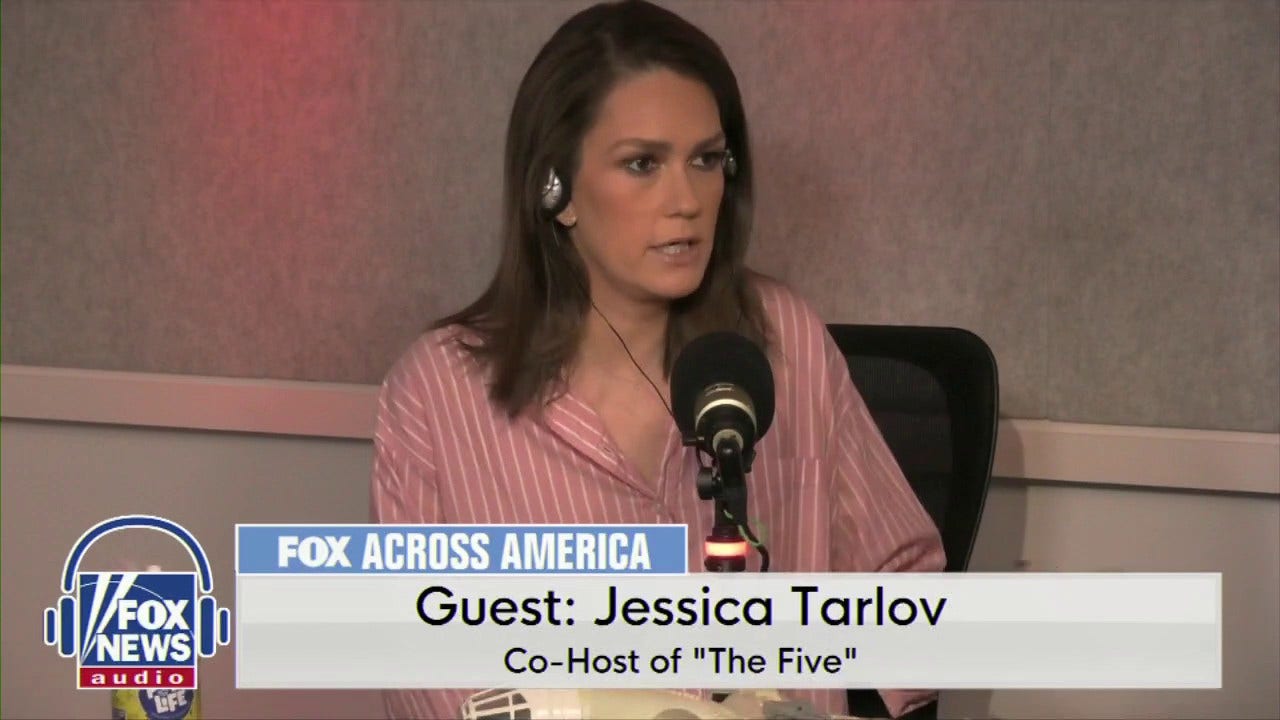 Jessica Tarlov Criticizes Jeanine Pirros Support Of Canada Trade War
May 09, 2025
Jessica Tarlov Criticizes Jeanine Pirros Support Of Canada Trade War
May 09, 2025 -
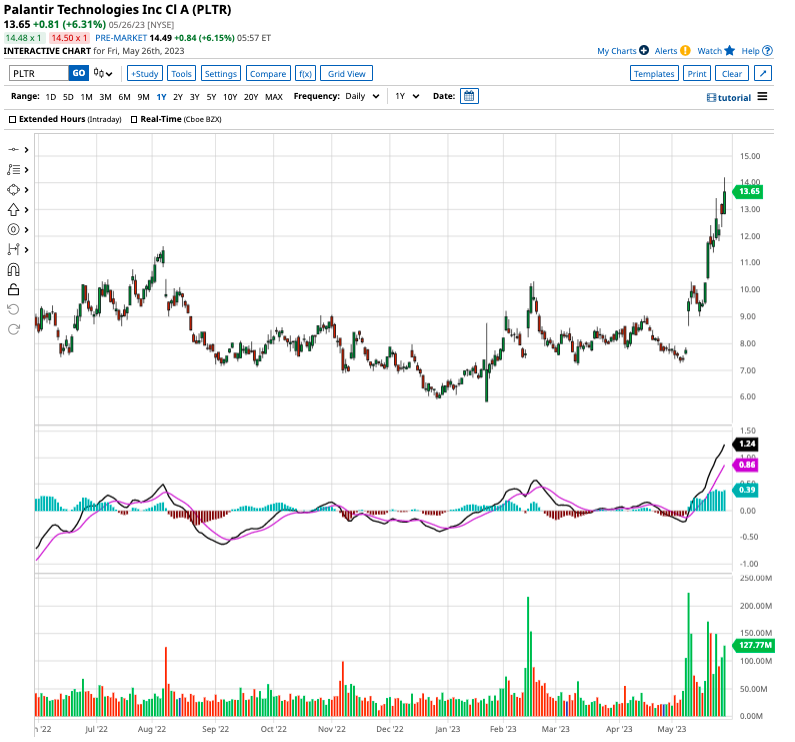 Is Palantir Stock A Bargain After Its 30 Fall
May 09, 2025
Is Palantir Stock A Bargain After Its 30 Fall
May 09, 2025 -
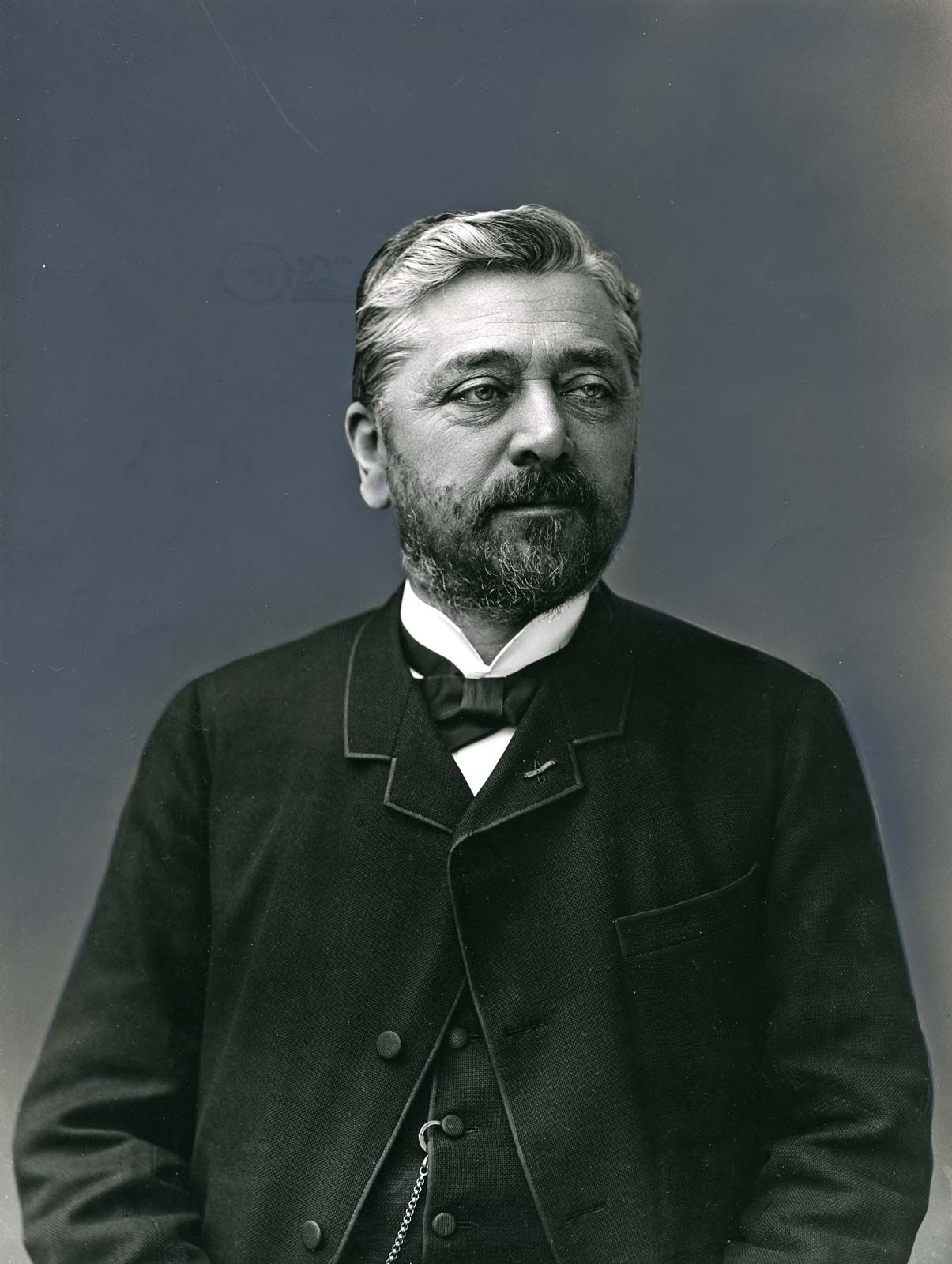 L Heritage De Gustave Eiffel A Dijon Focus Sur Sa Mere Melanie
May 09, 2025
L Heritage De Gustave Eiffel A Dijon Focus Sur Sa Mere Melanie
May 09, 2025 -
 Indian Stock Market Sensex And Nifty Current Levels And Days Trading Summary
May 09, 2025
Indian Stock Market Sensex And Nifty Current Levels And Days Trading Summary
May 09, 2025
